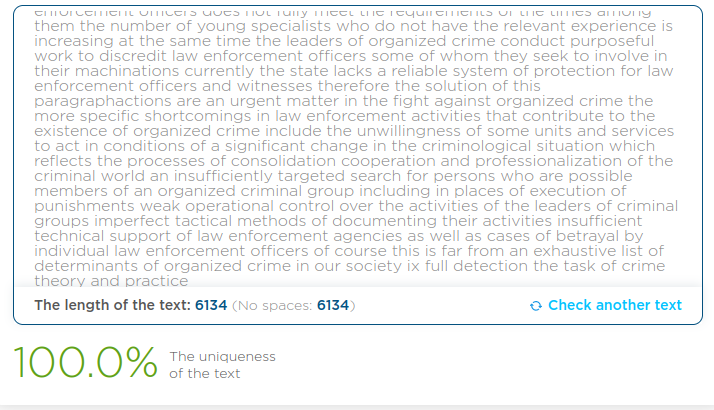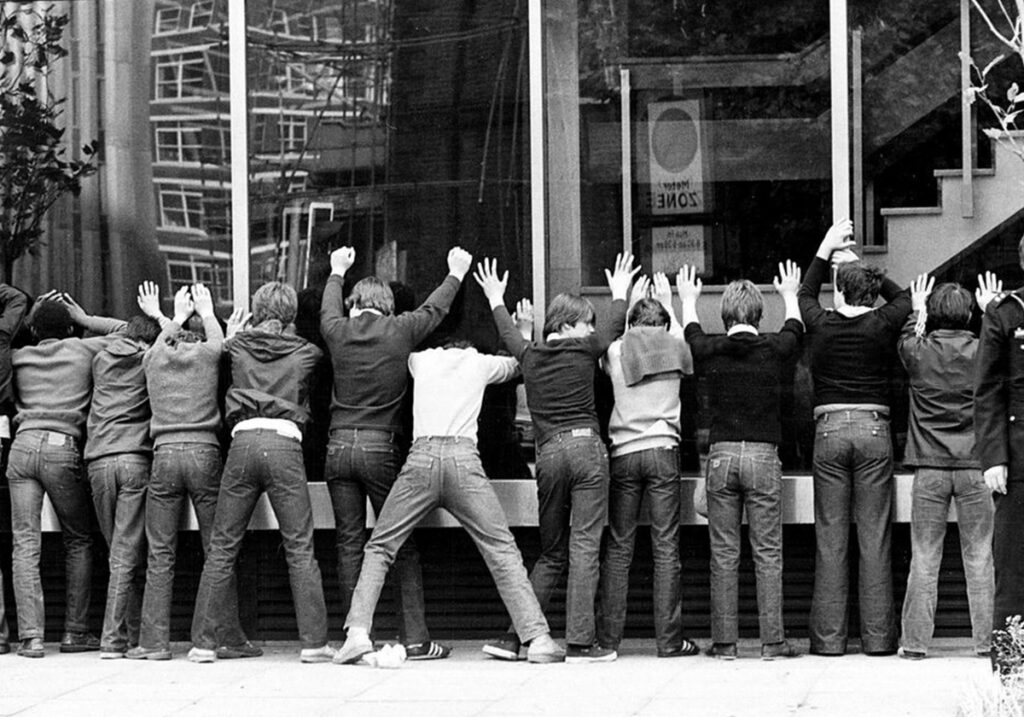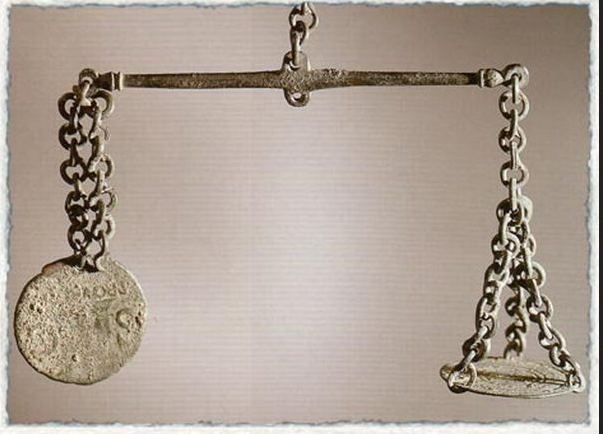
Organized crime developed objectively on the basis of serious socio-economic, political, ideological, moral, legal and other problems arising in society. This is not just a new type of crime, but a special socially negative phenomenon closely related to the shadow economy and corruption. We started talking about the shadow economy quite recently. But for foreign researchers, this sector has not been a secret for a long time. So, back in 1973, the book “Marketing in CPCP” was published in the USA, the first chapter of which was devoted to the analysis of the shadow economy. According to experts’ estimates, even then the profits of shadow players reached hundreds of billions of rubles.
To a large extent, organized crime is associated with the most important sector of the shadow economy — the “black” market of goods and services. The “black” market, in general, is a set of economic relations formed by the illegal exchange of goods and services to meet the needs of the population.
Recently, processes of rapid monopolization of the market began to take place here, well-organized groups of dealers appeared, unwilling to tolerate competitors. Shadow business functionaries cannot be denied the ability to put the case on a modern basis: here is long-term probing of the market, and quick response to price fluctuations, and the study of the purchasing power of the population of different regions of the country, and the study of the flaws of the legal economy.
One of the important properties of organized crime is the ability to quickly change its profile (diversification). Thus, the cooperative movement and individual labor activities were covered by organized crime. Entrepreneurship, instead of becoming a real alternative to the shadow economy, itself turns to it. The reason for this was the bureaucratized administrative system and heavy tax pressure. Starting from the moment of registration of the enterprise, the future owner was faced with a dilemma – either act according to the principle “you – me, I – you”, or “we can’t help”. And he was forced to turn to the criminal “authorities” who will help solve everything and also take the newly created enterprise under protection. What is interesting in this situation is the readiness of both sides for such “cooperation”.
A significant factor in organized crime is political instability in society. In recent years, many different parties and movements have appeared in Ukraine, as well as in other states of the former Soviet Union. On the one hand, this is good, but on the other hand, their activities are aimed at the struggle for power at any cost, while forgetting that society develops successfully only if it is united by a common national idea.
Organized crime is also facilitated by the fact that illegal behavior has become an element of the lifestyle of many segments of the population. There is a reassessment of social values, criminal law prohibitions are becoming less and less effective, and some forms of criminal behavior are perceived as normal business activity.
A factor in the existence of organized crime is the fact that, despite the shortcomings of combating it, it is capable of self-determination, has a negative negative impact on the circumstances that determine it, including the economy, social situation, politics, the spiritual sphere, etc. This is the lagging of social development from the economic one, and the strengthening of the property stratification of society. On the one hand, there is a group of people with a very high level of well-being, on the other hand, a huge number of people live below the poverty line. In this regard, the spiritual sphere is characterized by manifestations of extreme selfishness, permissiveness, the emergence of distrust in the official institutions of the state and their ability to meet the needs of the population.
Separately, we should point out the miscalculations (and very significant ones) in the strategy and tactics of combating organized crime. First of all, the state of this crime was underestimated and practically not taken into account, the results of combating it were not analyzed satisfactorily and the priority areas of combating it were not determined, programmatic planning and its proper resource provision were not carried out.
Secondly, operative units and investigative units of bodies fighting organized crime used outdated methods of exposing and investigating crimes of organized groups, accounting and reporting on the results of their work. Thirdly, today there is no perfect legal framework for fighting this crime, while the criminal situation is changing at a rapid pace. Fourthly, preventive measures aimed at eliminating the determinants of crime are being taken slowly. Fifth, the professional training of law enforcement officers does not fully meet the requirements of the times, among them the number of young specialists who do not have the relevant experience is increasing. At the same time, the leaders of organized crime conduct purposeful work to discredit law enforcement officers, some of whom they seek to involve in their machinations.
Currently, the state lacks a reliable system of protection for law enforcement officers and witnesses. Therefore, the solution of this paragraphactions are an urgent matter in the fight against organized crime. The more specific shortcomings in law enforcement activities that contribute to the existence of organized crime include:
— the unwillingness of some units and services to act in conditions of a significant change in the criminological situation, which reflects the processes of consolidation, cooperation and professionalization of the criminal world;
— an insufficiently targeted search for persons who are possible members of an organized criminal group, including in places of execution of punishments;
— weak operational control over the activities of the leaders of criminal groups, imperfect tactical methods of documenting their activities;
— insufficient technical support of law enforcement agencies, as well as cases of betrayal by individual law enforcement officers.
Of course, this is far from an exhaustive list of determinants of organized crime in our society. Ix full detection — the task of crime theory and practice.
Writer Rovendo

Original content license agreement Creative Commons Attribution 4.0 license



